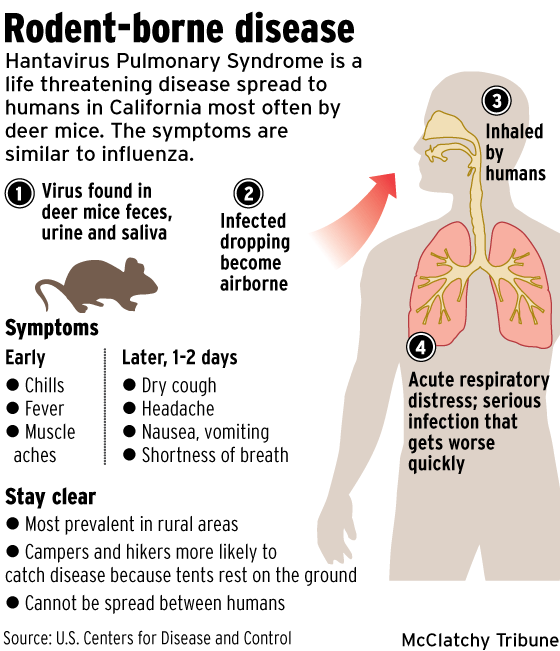
Introduction to Mouse Urine and Disease
Mouse urine can indeed cause disease in humans. This is a significant concern for individuals who come into contact with mice or their droppings, especially in areas where mice are common.
Types of Diseases Caused by Mouse Urine
Mouse urine can carry various diseases, including hantavirus pulmonary syndrome (HPS) and leptospirosis. HPS is a viral disease that can cause severe symptoms, including fever, fatigue, and shortness of breath.[1] Leptospirosis is a bacterial infection that can cause symptoms such as fever, headache, and muscle aches.[2]
How Mouse Urine Transmits Disease
Mouse urine can transmit disease through contact with contaminated surfaces or water. When mice urinate, they can release bacteria or viruses into the environment, which can then be picked up by humans.[3] This can occur through direct contact with contaminated surfaces or through inhalation of aerosolized particles.
Prevention and Control
Preventing and controlling mouse infestations is crucial to reducing the risk of disease transmission. This can be achieved through sealing entry points, removing food sources, and using traps or repellents.[4] It is also essential to wear protective gear, such as gloves and masks, when handling mice or cleaning up contaminated areas.
Common Diseases Associated with Mouse Urine
Some common diseases associated with mouse urine include:
- Hantavirus pulmonary syndrome (HPS)[1]
- Leptospirosis[2]
- Lymphocytic choriomeningitis (LCMV)[5]
- Seoul virus[6]
Conclusion
Mouse urine can cause disease in humans, including hantavirus pulmonary syndrome and leptospirosis. It is essential to take precautions when handling mice or cleaning up contaminated areas to reduce the risk of disease transmission.
Authoritative Sources


Answer Provided by www.iAsk.ai – Ask AI.
Sign up for free to save this answer and access it later
Sign up →